In recent years, sustainable building practices have gained significant importance as we aim to reduce the environmental impact of construction. One key element contributing to the success of sustainable architecture is the use of energy-efficient materials, and aluminium windows are at the forefront of this trend. These windows not only offer aesthetic value but also provide several environmental benefits that make them an excellent choice for eco-friendly buildings.
Energy Efficiency and Insulation
Aluminium windows are highly effective at providing superior insulation when paired with modern glazing technologies. The frames are typically combined with thermal breaks, which significantly reduce heat transfer, keeping indoor temperatures stable. This reduces the need for artificial heating and cooling, leading to lower energy consumption. Over time, this translates into reduced greenhouse gas emissions, making aluminium windows a sustainable choice for energy-efficient buildings.
Durability and Longevity
Aluminium is a strong and durable material, making it an ideal choice for windows that need to withstand weathering over time. Unlike wood or vinyl, aluminium windows are resistant to rot, rust, and fading, which means they require minimal maintenance. This durability ensures that the windows last longer, reducing the need for frequent replacements and minimizing waste in the long run.
Recyclability
One of the standout features of aluminium windows is their recyclability. Aluminium is one of the most recyclable materials on the planet, and the recycling process requires only a fraction of the energy used to produce new aluminium. As a result, buildings with aluminium windows contribute to a circular economy by reducing the demand for raw materials and lowering carbon emissions associated with manufacturing processes.
Aesthetic and Design Flexibility
Aluminium windows are not only functional but also aesthetically pleasing. They offer slim profiles, allowing for larger panes of glass that provide better natural lighting and unobstructed views. This design flexibility enhances the overall quality of life inside the building, creating spaces that are both beautiful and energy-efficient. Additionally, their versatility means they can be used in various architectural styles, from modern to traditional, making them an adaptable option for many sustainable building designs.
Conclusion
Incorporating aluminium windows into sustainable building design provides numerous environmental benefits, from energy efficiency and longevity to recyclability. As awareness of climate change grows, more builders are turning to aluminium as a material that combines both eco-friendliness and performance. Aluminium Windows Manufacturers play a key role in driving innovation in this field, offering products that contribute to the creation of energy-efficient, sustainable buildings worldwide.
Read More: How to Find the Best Aluminium Windows Manufacturers?

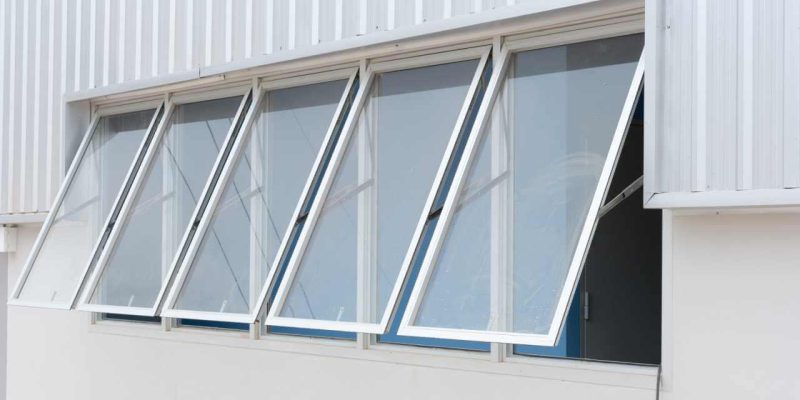


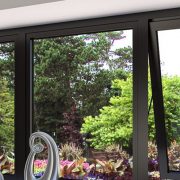
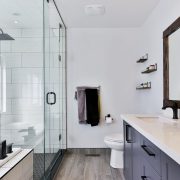

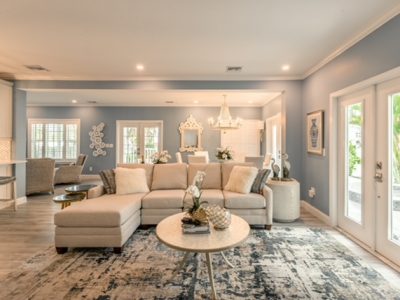

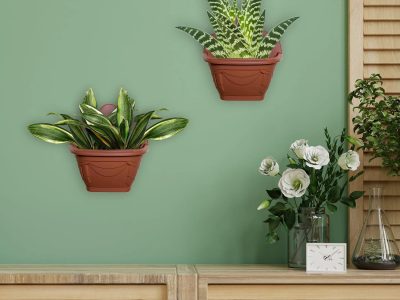
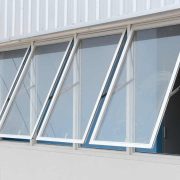
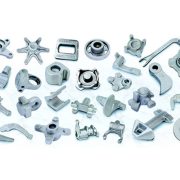






Comments